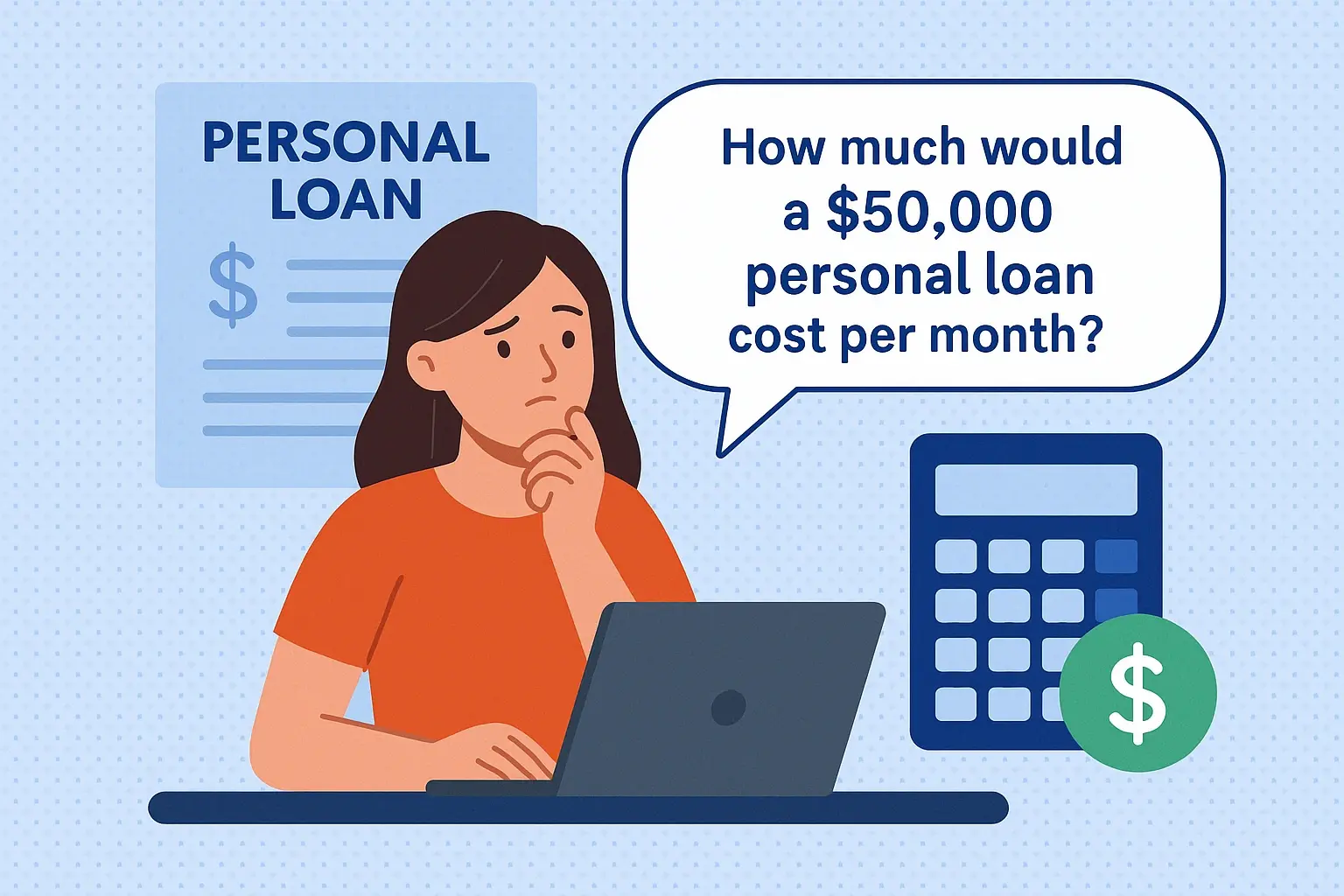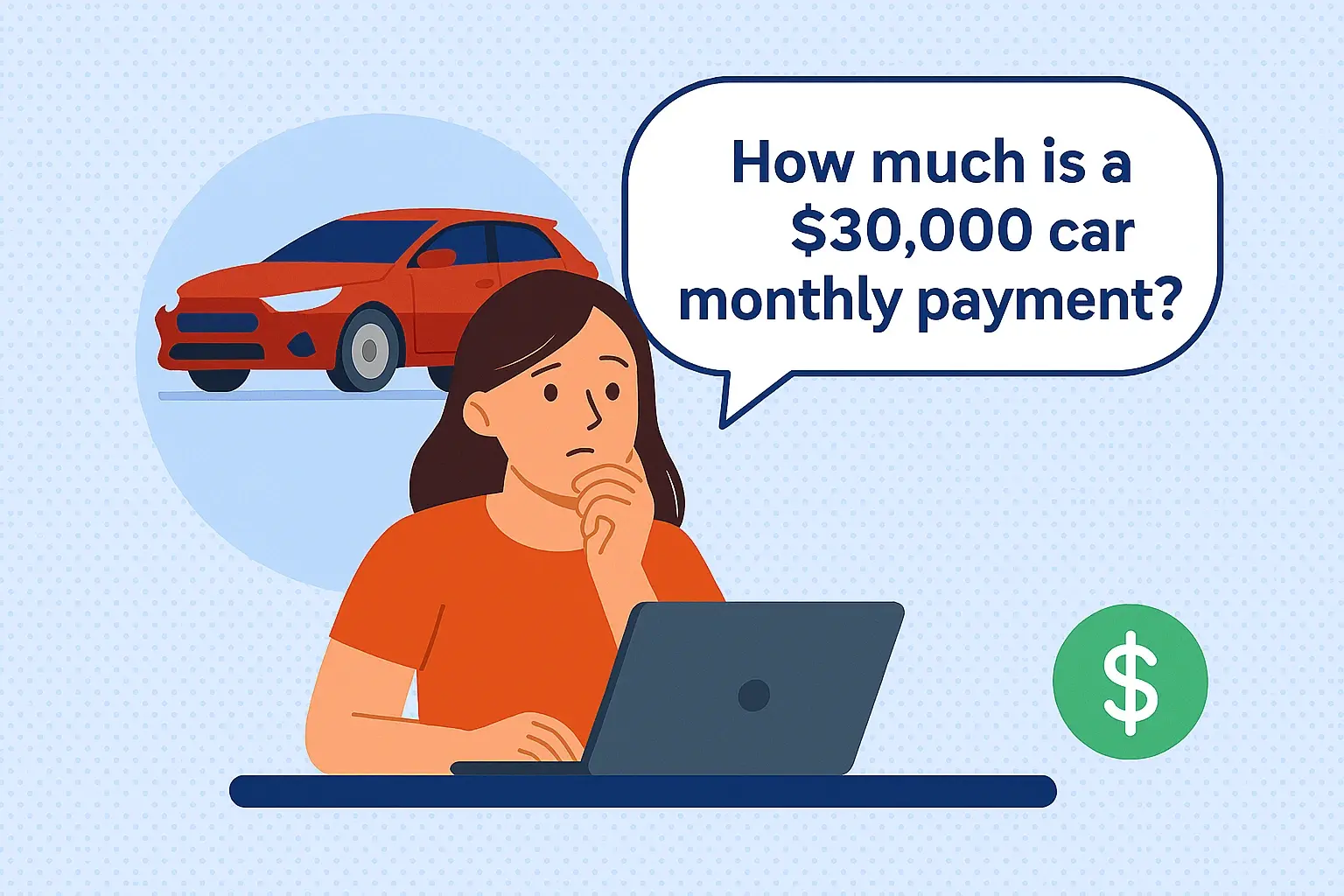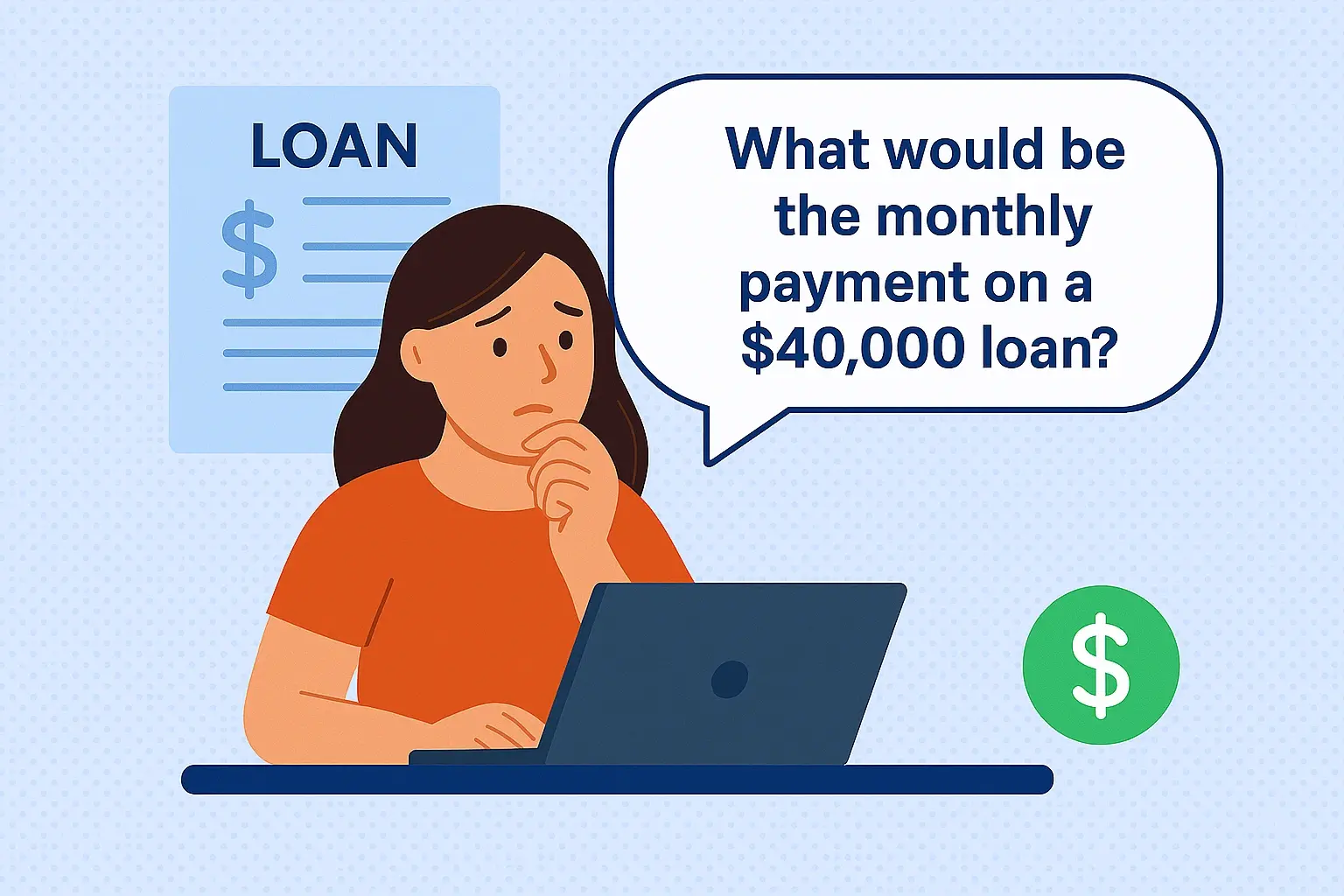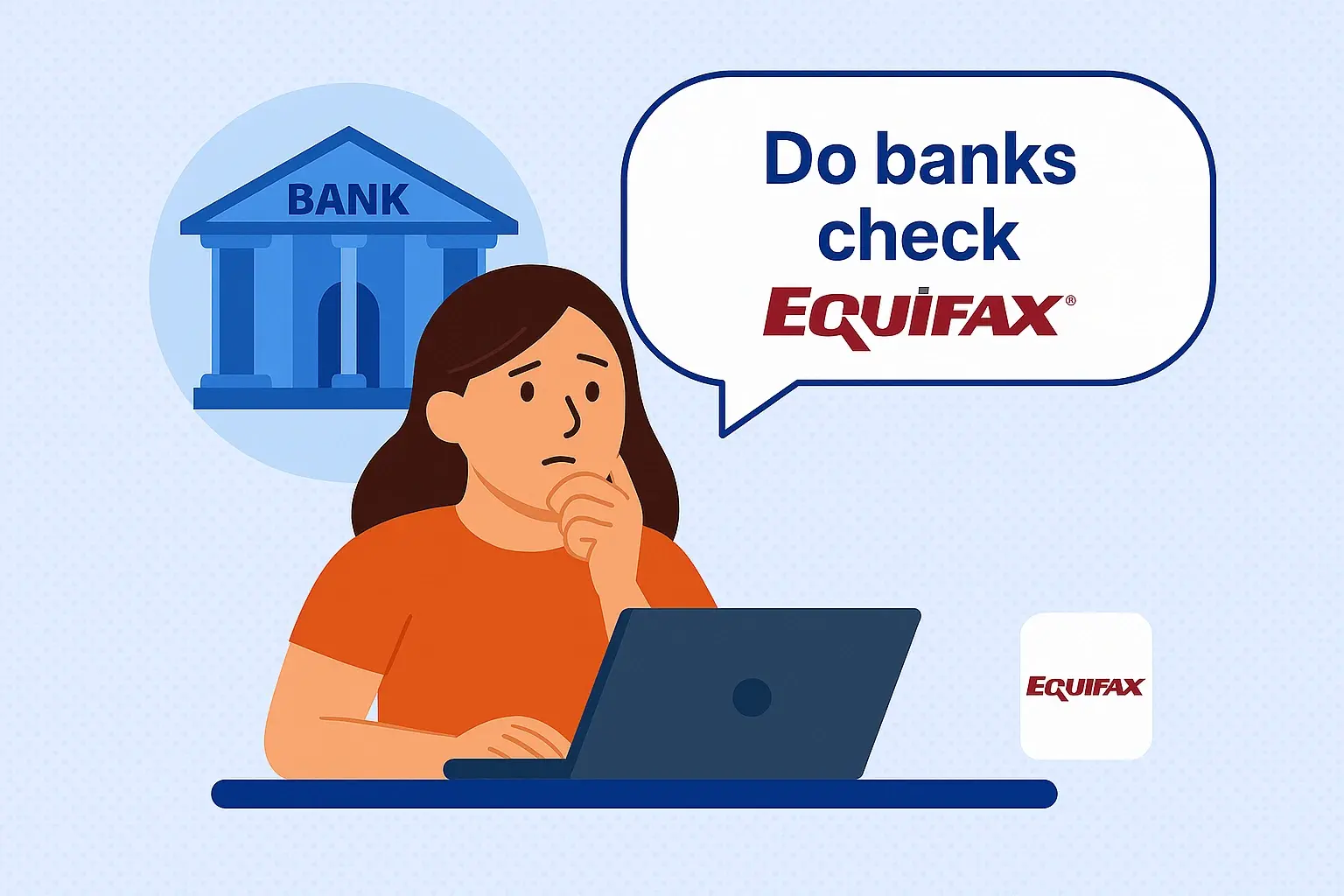-
Posted on: 10 Feb 2024

-
Loans are a ubiquitous part of modern financial life. From mortgages that help us buy homes to student loans that fund our education, they play a significant role in achieving our goals. However, loans are also associated with debt, and the prospect of owing money can be daunting. So, when exactly is taking out a loan a good option? This comprehensive guide will explore various scenarios where loans can be a powerful tool for financial growth and stability.
Understanding the Nuances of "Good Debt" vs. "Bad Debt"
Before diving into specific situations, it's crucial to understand the concept of "good debt" versus "bad debt." This distinction is not about morality but rather about the potential return on investment (ROI) associated with the debt.
- Good Debt: This type of debt has the potential to increase your net worth or generate income in the future. It's an investment in yourself or an asset that appreciates in value. Examples include mortgages (for properties that appreciate), student loans (for degrees that lead to higher earnings), and business loans (for expanding operations and increasing profits).
- Bad Debt: This type of debt typically does not generate income or appreciate in value. It often involves purchasing depreciating assets or covering unnecessary expenses. Examples include credit card debt (especially with high interest rates), personal loans for frivolous purchases, and payday loans.
The key is to assess whether the potential benefits of the loan outweigh the costs (interest, fees, and the burden of repayment).
Specific Scenarios Where Loans Can Be Beneficial
1. Investing in Education and Skills
Student loans are a common and often necessary means of funding higher education. While the debt can seem overwhelming, investing in a degree or vocational training can significantly increase your earning potential over your lifetime. Studies consistently show a positive correlation between education level and income.
Consider these factors when evaluating student loans:
- Field of Study: Research the job market for your chosen field and the average starting salaries. A degree in a high-demand field like engineering or healthcare is likely to provide a better return on investment than a degree in a less lucrative field.
- Loan Terms: Understand the interest rate, repayment period, and any fees associated with the loan. Explore options for income-driven repayment plans and loan forgiveness programs.
- Scholarships and Grants: Exhaust all possibilities for scholarships and grants before taking out student loans. These forms of financial aid do not need to be repaid.
2. Purchasing a Home (Mortgage Loans)
For most people, buying a home is the largest financial transaction they will ever make. Mortgage loans make homeownership possible by spreading the cost of the purchase over a longer period. While a mortgage is a significant debt, it can be a smart investment for several reasons:
- Asset Appreciation: Real estate typically appreciates in value over time, allowing you to build equity in your home.
- Tax Benefits: Mortgage interest is often tax-deductible, which can reduce your overall tax burden.
- Building Equity: As you pay down your mortgage, you increase your equity in the home, which can be used for future financial needs.
Before taking out a mortgage, consider these factors:
- Affordability: Calculate how much you can comfortably afford each month, considering not only the mortgage payment but also property taxes, insurance, and maintenance costs.
- Down Payment: Aim for a down payment of at least 20% to avoid private mortgage insurance (PMI).
- Interest Rate: Shop around for the best interest rate from different lenders. Even a small difference in interest rate can save you thousands of dollars over the life of the loan.
3. Starting or Expanding a Business (Business Loans)
Business loans can provide the capital needed to start a new business, expand existing operations, or invest in new equipment or technology. When used strategically, business loans can fuel growth and increase profitability.
Different types of business loans include:
- Term Loans: These loans have a fixed interest rate and repayment schedule.
- Lines of Credit: These provide access to a revolving line of credit that can be used as needed.
- SBA Loans: These loans are guaranteed by the Small Business Administration (SBA) and offer favorable terms.
When considering a business loan, ask yourself:
- How will this loan generate revenue or increase profitability?
- What is the payback period for the loan, and can the business realistically meet the repayment schedule?
- What is the interest rate, and are there any hidden fees?
4. Making Strategic Investments
In some cases, taking out a loan to make an investment can be a smart move, particularly if the potential return on investment exceeds the cost of the loan. However, this strategy carries a higher level of risk and requires careful consideration.
Examples of investment scenarios where loans might be considered:
- Real Estate Investing: Using a mortgage to purchase an investment property can generate rental income and potential appreciation.
- Stock Market Investments (with caution): While generally not recommended due to the high risk, some sophisticated investors use margin loans to leverage their stock market investments. This should only be done by experienced investors who understand the risks involved.
Important considerations for investment loans:
- Risk Tolerance: Are you comfortable with the potential for loss? Investment loans amplify both potential gains and potential losses.
- Due Diligence: Thoroughly research the investment opportunity and understand the potential risks and rewards.
- Contingency Plan: Have a plan in place to repay the loan if the investment does not perform as expected.
5. Debt Consolidation
If you have multiple high-interest debts, such as credit card debt, consolidating those debts into a single loan with a lower interest rate can save you money and simplify your finances. Debt consolidation can also improve your credit score by reducing the number of open accounts and lowering your credit utilization ratio.
Types of debt consolidation loans include:
- Personal Loans: These are unsecured loans that can be used for a variety of purposes, including debt consolidation.
- Balance Transfer Credit Cards: These cards offer a low introductory interest rate on balance transfers, allowing you to transfer high-interest debt from other credit cards.
- Home Equity Loans: These loans use your home equity as collateral and typically offer lower interest rates than personal loans.
Before consolidating debt, consider:
- The total cost of the loan, including interest and fees.
- The repayment period and how it will impact your monthly budget.
- Whether you are addressing the underlying spending habits that led to the debt in the first place.
The Importance of Responsible Borrowing
While loans can be a valuable tool, it's crucial to borrow responsibly. This means carefully considering your financial situation, understanding the terms of the loan, and developing a plan for repayment.
Key principles of responsible borrowing:
- Borrow only what you need: Avoid taking out more debt than you can comfortably afford to repay.
- Understand the terms of the loan: Pay close attention to the interest rate, repayment period, fees, and any penalties for late payments.
- Create a budget and stick to it: Track your income and expenses to ensure you can make your loan payments on time.
- Build an emergency fund: Having an emergency fund can help you cover unexpected expenses and avoid falling behind on your loan payments.
- Improve your credit score: A good credit score will help you qualify for lower interest rates and better loan terms.
When to Avoid Taking Out a Loan
There are certain situations where taking out a loan is generally not a good idea. These include:
- To finance frivolous purchases: Taking out a loan to buy luxury items or unnecessary expenses is rarely a good idea, as these items typically depreciate in value.
- When you have no clear plan for repayment: If you are unsure how you will repay the loan, it's best to avoid borrowing.
- When you are already struggling with debt: Taking out another loan can exacerbate your existing debt problems and make it even harder to get back on track.
- To gamble or make high-risk investments: Using a loan to gamble or make high-risk investments is extremely risky and can lead to significant financial losses.
Conclusion
Loans can be a powerful tool for achieving your financial goals, but they should be used strategically and responsibly. By understanding the difference between "good debt" and "bad debt," carefully evaluating your financial situation, and developing a plan for repayment, you can make informed decisions about when taking out a loan is a good option for you.











